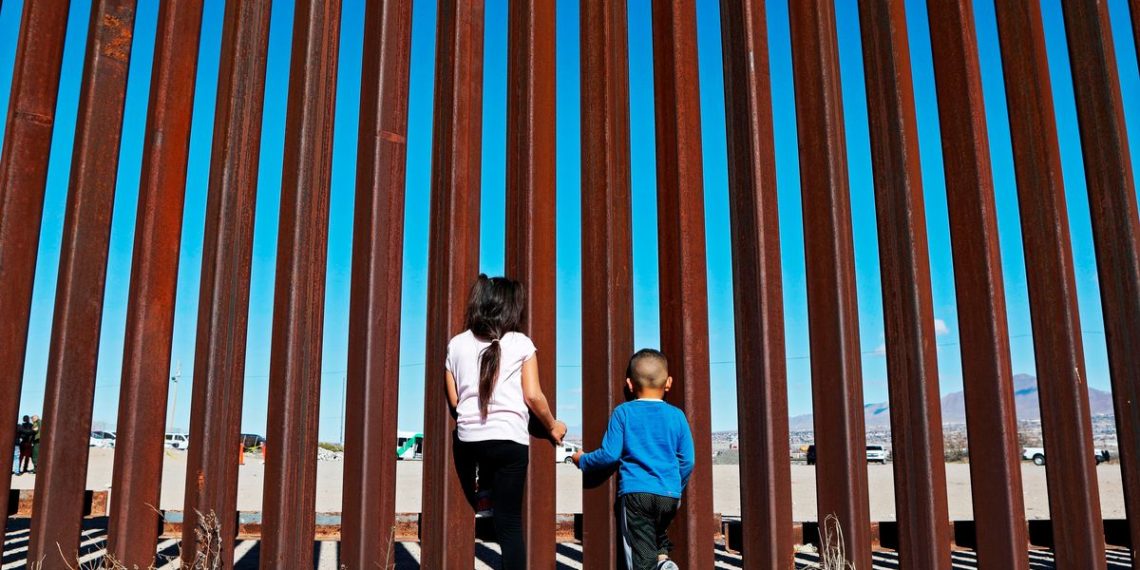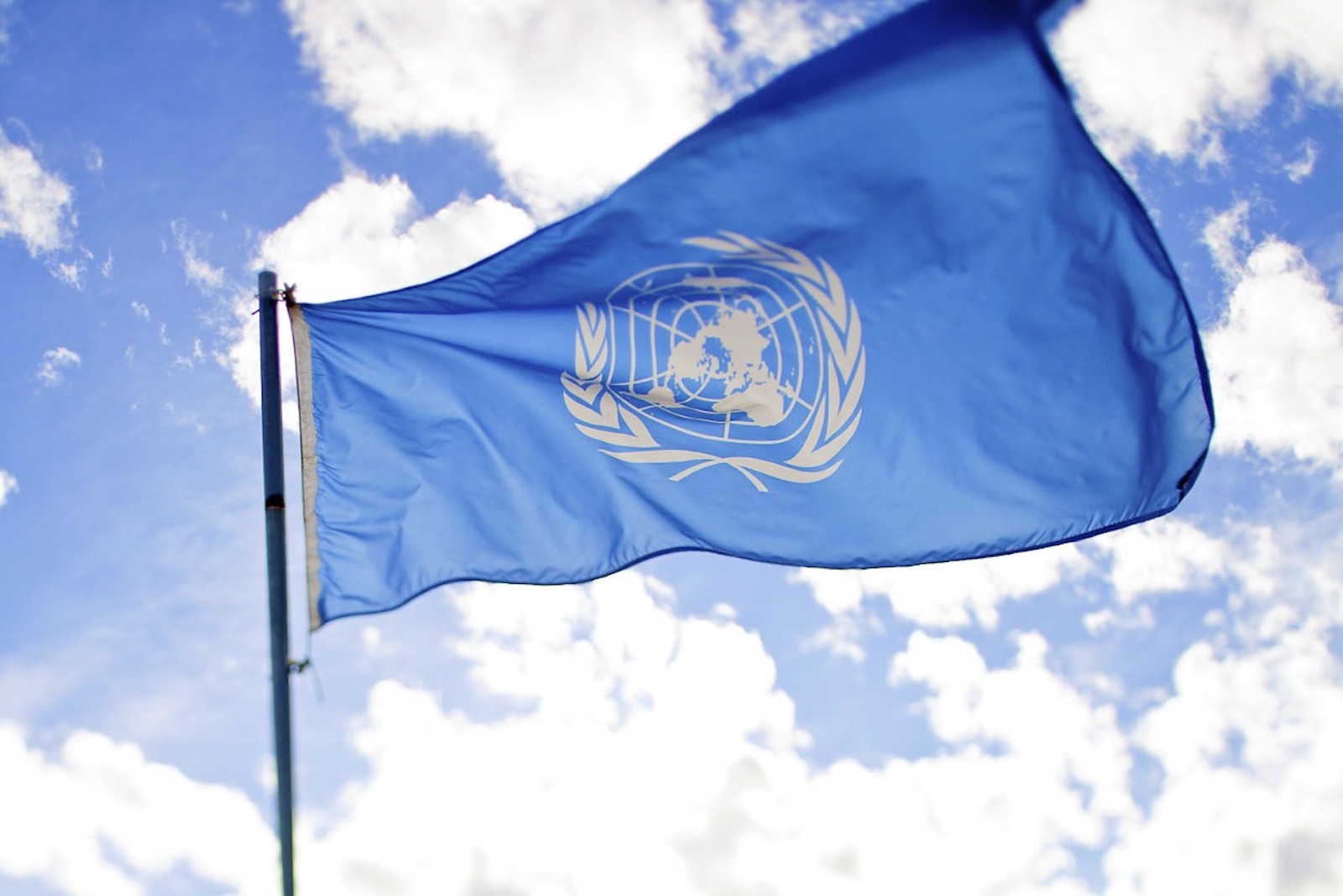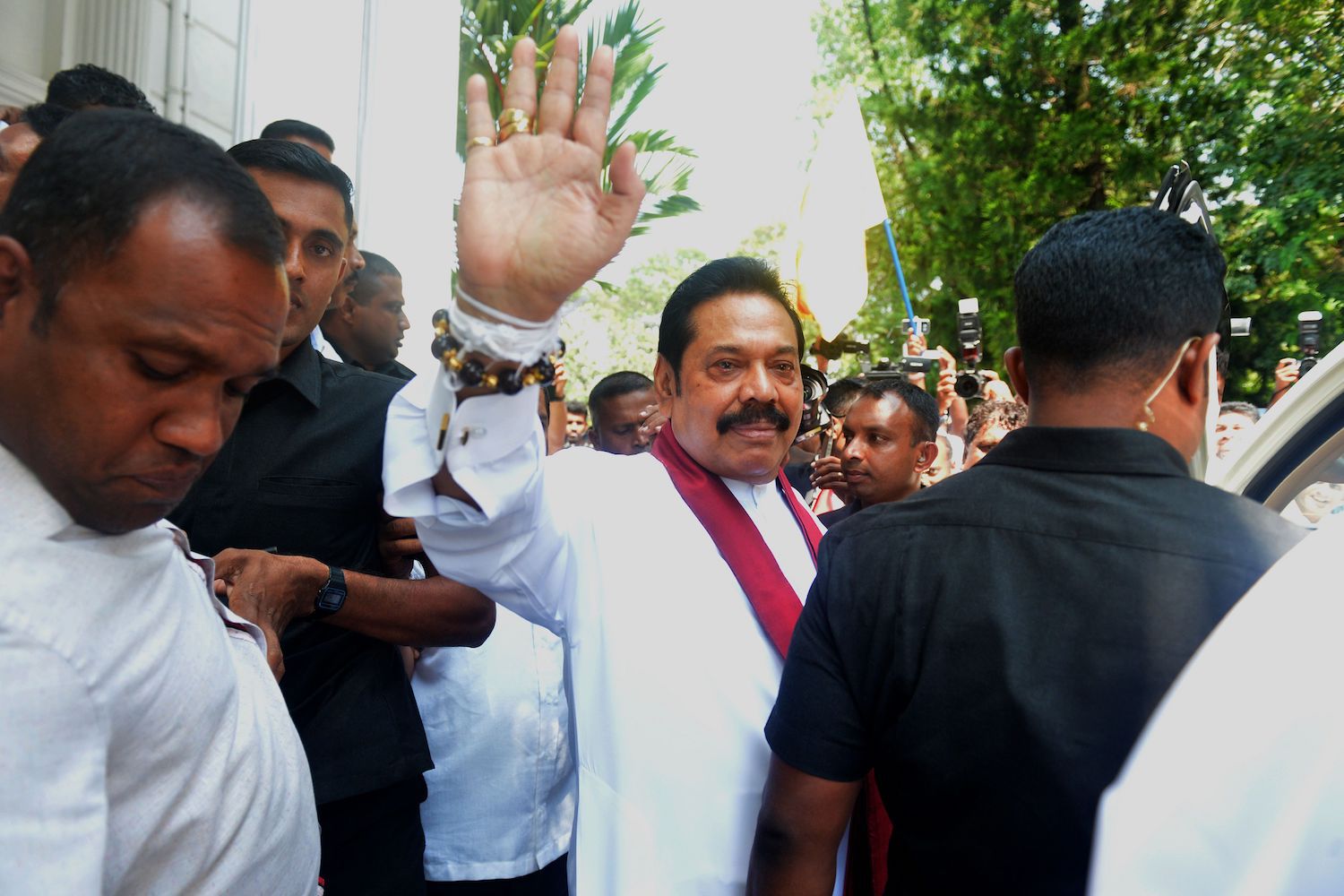It’s been over a year since the United States’ Migration Protection Protocols (MPP), also known as the “Remain in Mexico” policy, went into effect. In that time, violence against migrants in Mexico, Guatemala, Honduras, and El Salvador has increased, according to a report by Doctors Without Borders (MSF).
In the first nine months of 2019, the U.S. returned 55,000 people to Mexico under the policy, and MSF found that almost 80 percent of people treated at a clinic on the border had been a victim of violence. The number of sexual violence cases treated in Mexico during those months also more than doubled, and 40 percent of patients stated that “they had needed medical attention at some point but were unable to access health services.”
When former Secretary of Homeland Security Kirstjen Nielsen officially introduced the MPP policy, she said the goals were “to confront this [migration] crisis head on, uphold the rule of law, and strengthen our humanitarian commitments.” The Mexican government echoed this, permitting asylum seekers to “stay for humanitarian reasons.”
But the MSF report and testimonies from those returned to Mexico under the policy indicate that the outcome has been far from humane. The U.S.’s Central American immigration policies are heightening the already high levels of violence faced by migrants.
US Central American Immigration Policies
The Trump administration’s MPP sought to limit the number of undocumented migrants entering the United States. Migrants arriving at the U.S.-Mexico border would need to wait in Mexico for their asylum claims to be processed. The U.S. and Mexican governments negotiated a partnership, and in June 2019, the policy expanded to cover the entire southern border.
The U.S. is extending this policy beyond Mexico. In 2019, the U.S. signed “safe third country agreements” with Guatemala, Honduras, and El Salvador. These agreements mean that migrants who cross these countries on their way to the U.S. must apply for asylum in the first “safe” country they enter. In effect, the policy renders migrants’ attempts to apply for asylum at the U.S. border invalid, because they had already passed through a country that could have theoretically provided them protection.
So far, only the agreement with Guatemala has been implemented. But the “safe third country” policy violates the U.S.’s own immigration laws because these third countries aren’t capable of providing adequate safety or fair procedures for asylum determination. The American Civil Liberties Union is currently suing the Trump administration in protest.
Additionally, because the U.S. is party to the 1967 Protocol relating to the Status of Refugees, the U.S. is legally bound by the principle of non-refoulment, meaning it cannot send refugees and asylum seekers back to countries where they will be at risk of persecution. But the MPP and “safe third country” agreements are an attempt to work around this principle. Asylum seekers are being “returned” to countries where they could theoretically get legal protection, but in reality, are faced with violence and few reliable procedures for asylum status.
Asylum Limbo and Escalating Violence
MSF provides emergency medical care at clinics along the Central American migrant path in El Salvador, Honduras, Guatemala, and Mexico, while also giving insight into the everyday realities as more people become stuck in this asylum limbo.
Last week, I paid a visit to the U.S.- Mexico Border to see firsthand the impact of the policies this administration has been advancing – specifically, the “Remain in Mexico” policy targeting asylum seekers. What I witnessed was an utter disgrace. pic.twitter.com/86chCBqlHD
— Rep. Emanuel Cleaver (@repcleaver) February 18, 2020
In the border zones, MSF has seen increasing physical, social, and psychological violence: 57 percent of patients faced violence along the migration route in Mexico, and in October 2019 alone, 75 percent of those returned to Mexico through the MPP program had been a victim of an attempted kidnapping. Kidnapping and escalating violence were likely not the way the American government intended to express its “humanitarian commitments.”
Violence Before Asylum Seeking
Well before they cross a border, a third of Central American migrants become internally displaced within their home country. Violence in their hometowns, perpetrated by gangs or drug cartels, forces families or individuals to flee elsewhere within their country. But the violence follows them or is already present in the places they flee to, and many see no alternative but to leave their country and travel north, facing violence along the way.
Those who do not turn back in despair and make it to the U.S. border are no longer able to apply for legitimate asylum. Instead, they become stuck in legal purgatory, or are sent back hundreds of miles to a country that is not their own and likely will not offer them the protection they need.
Given this cycle of violence, immigration policymakers must be held accountable for the dangers that asylum seekers face at the U.S. border. By pushing migrants back into the jurisdiction of other countries, the U.S. government is essentially saying “not in my backyard.” But the U.S. has always been a haven for people fleeing danger. Why should the safety of those fleeing today be valued any less than the safety of those who emigrated from Europe in the past?
Disclaimer: The views and opinions expressed here are those of the author and do not necessarily reflect the editorial position of The Globe Post.






















